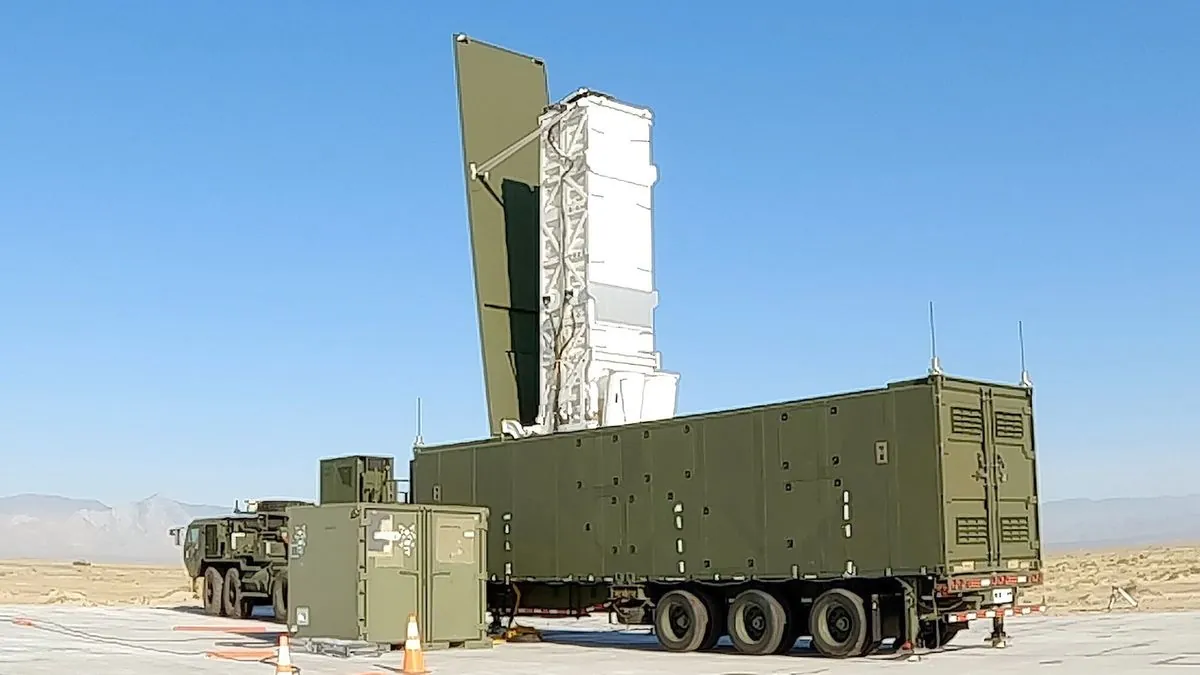China has expressed significant concern over the recent deployment of a U.S. mid-range missile system to the Philippines, warning of potential regional instability. However, Enrique Manalo, the Philippine Foreign Secretary, has provided reassurances regarding the temporary nature of this military presence.
During discussions last month on the sidelines of the Association of Southeast Asian Nations (ASEAN) meetings in Laos, Manalo addressed the apprehensions of his Chinese counterpart, Wang Yi. The Philippine diplomat characterized China's reaction as "very dramatic" but emphasized that there was no cause for alarm.
"We discussed it and, well, they made it very dramatic. I said you shouldn't be worried."
The U.S. Army transported the mid-range missile system to northern Philippines in April 2024 as part of joint military exercises. This system, capable of launching Standard Missile-6 and Tomahawk Land Attack Missiles, was not fired during the drills and is expected to be removed by September 2024.
China's opposition to increased U.S. military presence in the region stems from concerns about regional stability. However, it's important to note that the South China Sea, where these tensions are centered, is a critical global shipping route, with an estimated one-third of global maritime traffic passing through its waters.
The deployment occurs against the backdrop of escalating tensions in the South China Sea, particularly between China and the Philippines. These disputes involve multiple nations, including Vietnam, Malaysia, Brunei, and Taiwan, all of which have overlapping territorial claims in this resource-rich area.
The situation is further complicated by China's "nine-dash line" claim, which encompasses approximately 90% of the South China Sea. This claim was rejected by the Permanent Court of Arbitration in 2016, following a case filed by the Philippines in 2013.
As tensions persist, diplomatic efforts continue. The Code of Conduct in the South China Sea, aimed at managing disputes, has been under negotiation since 2002. Meanwhile, the U.S. has been conducting Freedom of Navigation Operations (FONOPs) in the area since 2015, asserting the right to navigate freely in international waters.
The current situation underscores the complex geopolitical dynamics in the region, where strategic interests, historical claims, and international law intersect. As nations navigate these challenges, the importance of diplomatic dialogue and adherence to international norms remains paramount in maintaining regional stability and peace.
